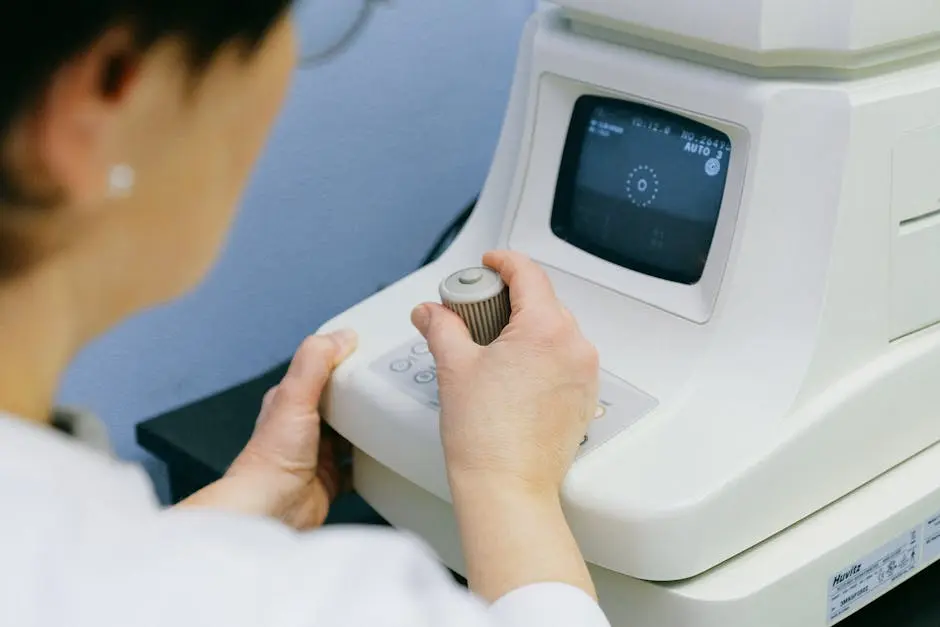
Retina care is crucial for maintaining healthy vision, but what exactly are the benefits of paying attention to this small yet significant part of our eye? In this FAQ, we’ll explore the advantages of retina care and why it’s essential for your overall eye health.
Understanding the Retina: Why It Matters
The retina is a thin layer of tissue at the back of the eye responsible for receiving light and sending visual signals to the brain. Proper care ensures this process remains efficient, preventing vision issues.
Understanding the role of the retina gives insight into why its health is paramount. The retina’s function can be likened to the film in a camera, capturing images and converting them into electronic signals for the brain to interpret. Damage to this delicate tissue can disrupt this process, leading to vision problems that can significantly affect daily life.
Many common vision problems can be traced back to the retina. For instance, conditions like age-related macular degeneration impact central vision and are linked to the retina’s health. Proactive retina care, such as routine eye examinations, can aid in identifying issues early; this helps in managing conditions effectively and maintaining vision quality.
Preventing Retinal Diseases
Regular retina care can help prevent diseases such as macular degeneration, retinal detachment, and diabetic retinopathy. Early detection through regular check-ups is key.
Retinal diseases often develop with little warning, and symptoms might not present until vision is already compromised. By committing to regular eye examinations, you stand a better chance of catching diseases in their nascent stages. From conditions like glaucoma to diabetic retinopathy, management is exponentially more effective when begun early.
Consider macular degeneration, a leading cause of vision loss among older adults. Through advanced imaging techniques and regular exams, ophthalmologists can detect early signs of this condition, potentially slowing its progression and preserving vision.
Preventive care also extends beyond clinical settings. Staying informed about risk factors, such as high blood pressure and poor nutrition, and addressing these can contribute significantly to retinal health. For instance, ensuring adequate intake of antioxidants, like those found in leafy greens, can support the retina’s functions.
Maintaining Healthy Vision
Healthy retinas contribute to clear vision and the ability to see details. Regular care helps maintain this clarity and prevents deterioration over time.
A healthy retina is vital for executing everyday tasks that require accurate visual perception. This includes distinguishing fine details when reading or recognizing faces, both of which can diminish with retinal health decline. Practical retina care, combined with a lifestyle that embraces eye health-focused habits, can sustain optimal vision.
Modern technology offers innovative ways to uphold retina health. Wearable devices and applications can monitor the condition of one’s eyes between professional visits, ensuring timely interventions if anomalies arise.
Surprisingly, even limiting time spent on screens can positively influence retinal well-being. Experts suggest breaks every 20 minutes to rest the eyes, which can reduce the strain that contributes to long-term damage.
Enhancing Quality of Life
Good vision is linked to a better quality of life. Retina care supports activities that require sharp vision, like reading and driving, thereby maintaining independence.
Imagine trying to read a book, drive, or recognize a friend’s face without clear vision. These activities form the cornerstone of independence, and by prioritizing retina care, you ensure these things continue to enrich your life.
With preventative retina care, individuals can continue enjoying visual activities such as painting, birdwatching, or golfing well into their later years. This cognitive engagement, fueled by clear vision, often contributes to overall better mental sharpness and happiness.
Furthermore, maintaining good vision decreases the risk of falls and accidents, which are common issues in aging populations, leading to a generally safer and more fulfilling lifestyle.
Steps to Take for Effective Retina Care
Ensuring proper eye protection, following a healthy diet, quitting smoking, and staying up-to-date with eye exams are effective ways to care for your retina.
Include foods rich in omega-3 fatty acids, such as fish, which are known for supporting retinal tissue structure. Similarly, carrots and sweet potatoes contain beta carotene that benefits the eyes.
If you’re a smoker, consider quitting, as smoking has detrimental effects on blood vessels, including those leading to the eyes. This damage can accelerate retinal problems over time.
Eye protection is also essential, especially in environments where debris or intense light is present. Sunglasses with UV protection help shield the eyes from harmful rays, reducing the risk of cataracts and other retinal damage.
Finally, use our personalized eye care plans that cater to your specific needs. Regular visits ensure your eye health is monitored closely and adjusted as needed, promoting lifelong vision health.
Why Retina Care Should Be a Priority
Retina care is a vital part of maintaining not just your eye health, but also your overall quality of life. By understanding its benefits, taking proactive steps, and seeking regular professional care, you ensure that your vision remains sharp and healthy. Don’t overlook the importance of retina care in your journey to better eye health. To keep your eyes in top condition, explore our full range of eye care services.

